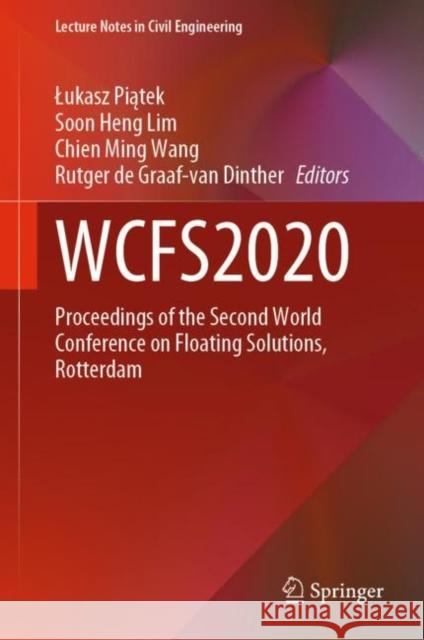Wcfs2020: Proceedings of the Second World Conference on Floating Solutions, Rotterdam » książka
topmenu
Wcfs2020: Proceedings of the Second World Conference on Floating Solutions, Rotterdam
ISBN-13: 9789811622557 / Angielski / Twarda / 2021 / 516 str.
Kategorie:
Kategorie BISAC:
Wydawca:
Springer
Seria wydawnicza:
Język:
Angielski
ISBN-13:
9789811622557
Rok wydania:
2021
Wydanie:
2022
Numer serii:
000798671
Ilość stron:
516
Waga:
1.03 kg
Wymiary:
23.88 x 20.32 x 3.05
Oprawa:
Twarda
Wolumenów:
01











